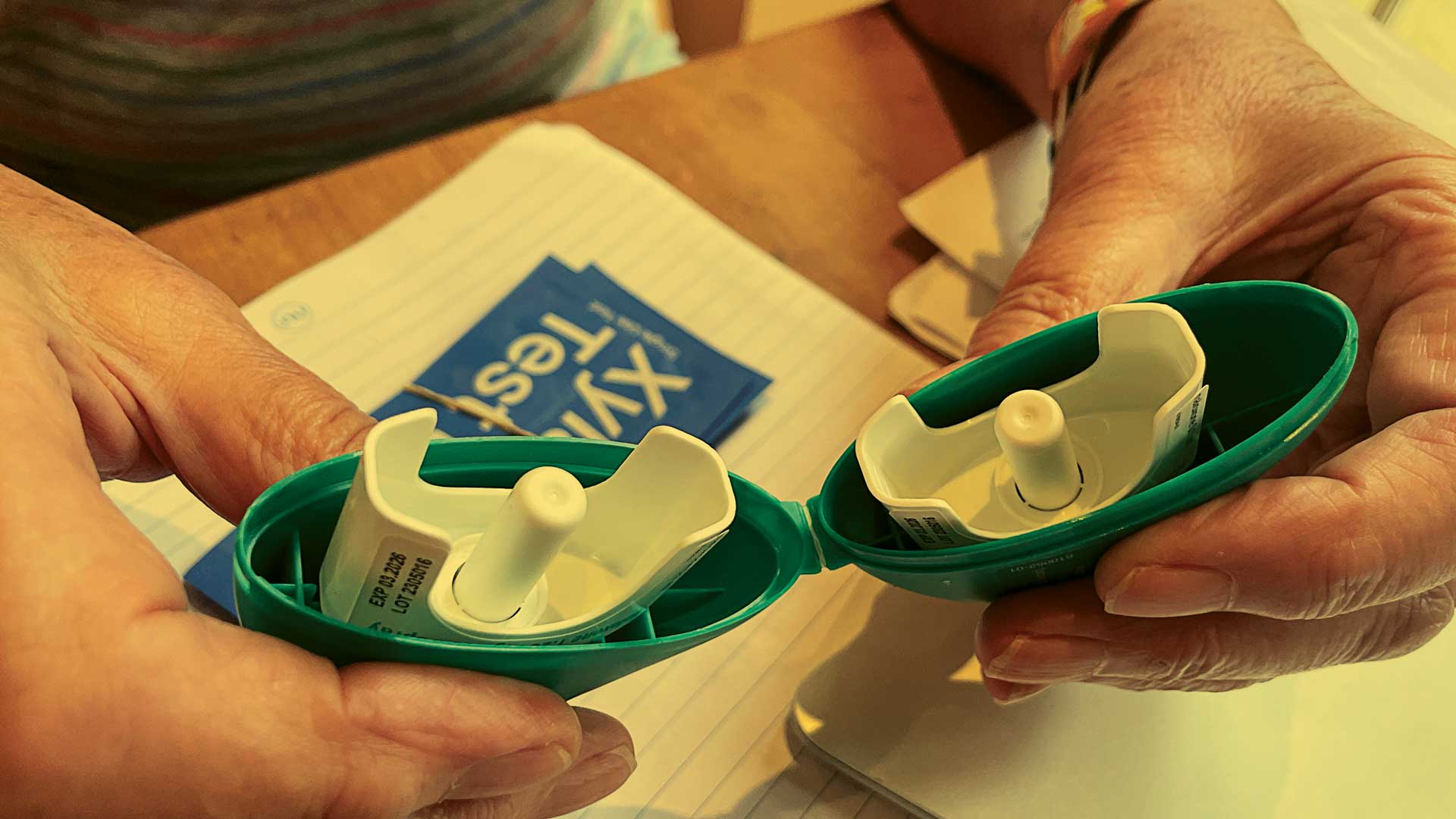The UK remains the drug death capital of the world, with over 6,600 people recorded losing their lives in 2023. Drug deaths have risen each year for a decade, and these new figures include only part of the shocking spike in deaths from synthetic opioids like nitazenes. We fear that without action, the UK might be sleepwalking into a crisis.
Nitazenes, a family of drugs said to be around 50-300 times stronger than ordinary street heroin, are increasingly appearing in the tragic toxicology reports of those who lost their lives to drugs. If North America’s experience is anything to go by, where fentanyl killed 70,000 people in the US in 2022 alone, then the need for pragmatic action is immediate.
We work in the West Midlands, providing drug services in Sandwell and in police cells in neighbouring Birmingham, which saw a tragic spike of 21 fatalities linked to the drugs last summer – as Big Issue has reported on.
Read more of the Big Issue’s investigation into the human toll of the UK’s synthetic opioid crisis:
- The inside story of nitazenes and the drug deaths crisis rocking Britain: ‘No one is talking about it’
- Nitazenes: Use of life-saving overdose drug surges by 50% amid synthetic opioid crisis
- MPs on all sides call for action on nitazenes after Big Issue exposes Britain’s drug deaths crisis
There is a daily fear among providers like Cranstoun that we will see another surge in deaths linked to their contamination in the local drugs supply. Now is the time for the new UK government to outline how it will address this alarming situation.
The government can make practical changes that do not require much financial investment, but which will save lives. Our recommendations range from the need for better data sharing and early warning signs, to enhanced overdose prevention centres and drug checking facilities.










